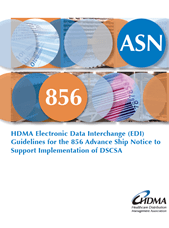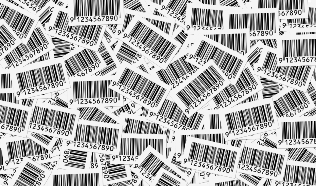 It is pretty clear that there is not much interest in the use of Radio Frequency IDentification (RFID) in the pharmaceutical supply chain because every time I publish an essay in RxTrace about some aspect of it, there is a drop in readership. So at the risk of taking another hit in readership, let’s take a look at the case against the use of RFID in the pharma supply chain.
It is pretty clear that there is not much interest in the use of Radio Frequency IDentification (RFID) in the pharmaceutical supply chain because every time I publish an essay in RxTrace about some aspect of it, there is a drop in readership. So at the risk of taking another hit in readership, let’s take a look at the case against the use of RFID in the pharma supply chain.
Back in 2010 I published an essay that really rattled my friends in the RFID vendor community (see “RFID is DEAD…at Unit-Level in Pharma”). Since that essay was published, the two or three drug companies that were previously shipping drugs with package-level RFID tags on them have ended that practice, replacing the RFID tags with 2D barcodes. This includes Purdue Pharma and Pfizer, the two flag carriers for RFID in pharma back in the late 2000s Continue reading The Case Against RFID In Pharma







